Alphabet Recognition Normal ABC Letters Worksheets for Ages 5-6
19 filtered results
-
From - To
Boost your child's literacy skills with our Alphabet Recognition Normal ABC Letters Worksheets for Ages 5-6. Designed for early learners, these engaging worksheets help children identify and differentiate each letter. Through fun activities, kids will practice letter recognition, letter sounds, and writing, laying a solid foundation for reading and writing proficiency. Our user-friendly format ensures that learning is enjoyable and effective. Perfect for both homeschooling and classroom settings, these worksheets provide an interactive way for kids to discover the alphabet. Empower your young learners today and watch their confidence grow as they master each letter with our thoughtfully crafted resources!
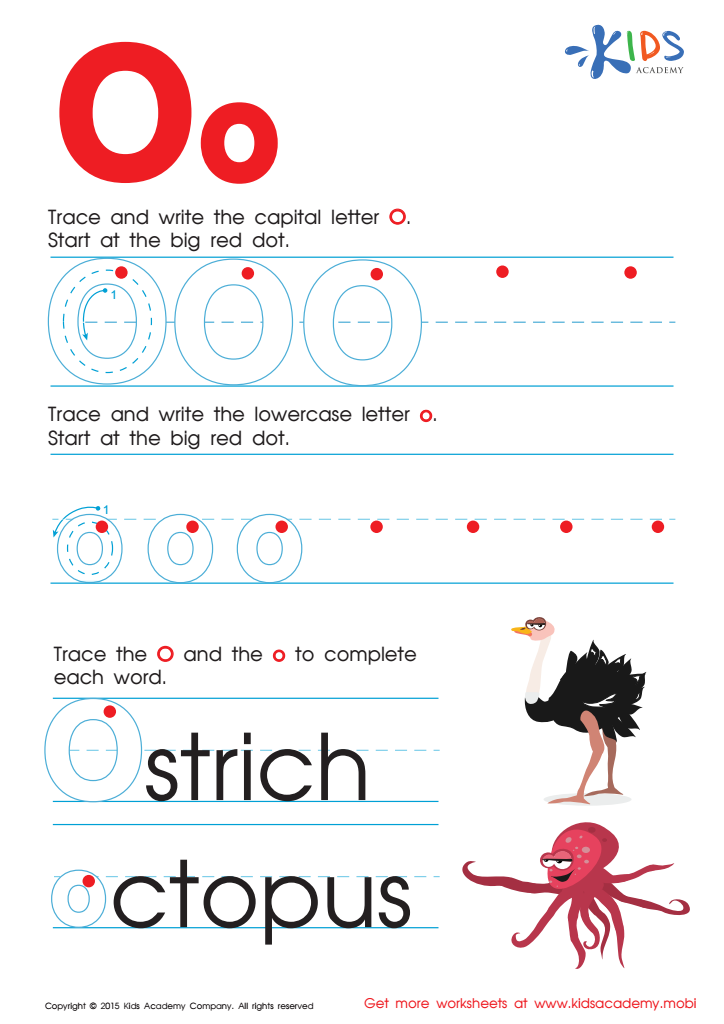

Letter O Tracing Page
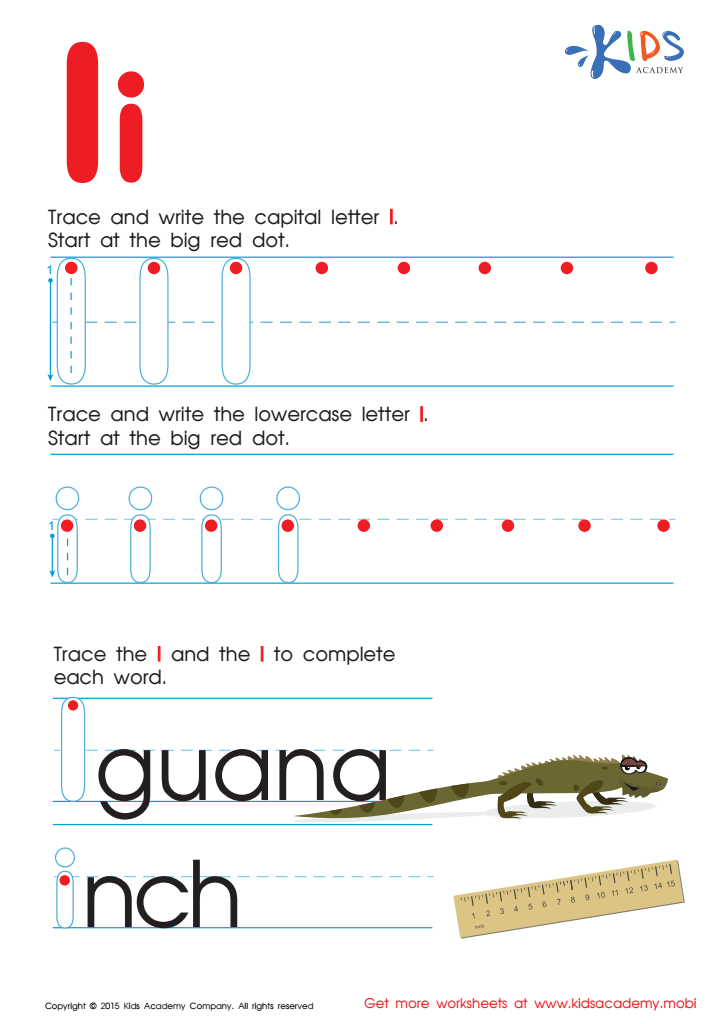

Letter I Tracing Page
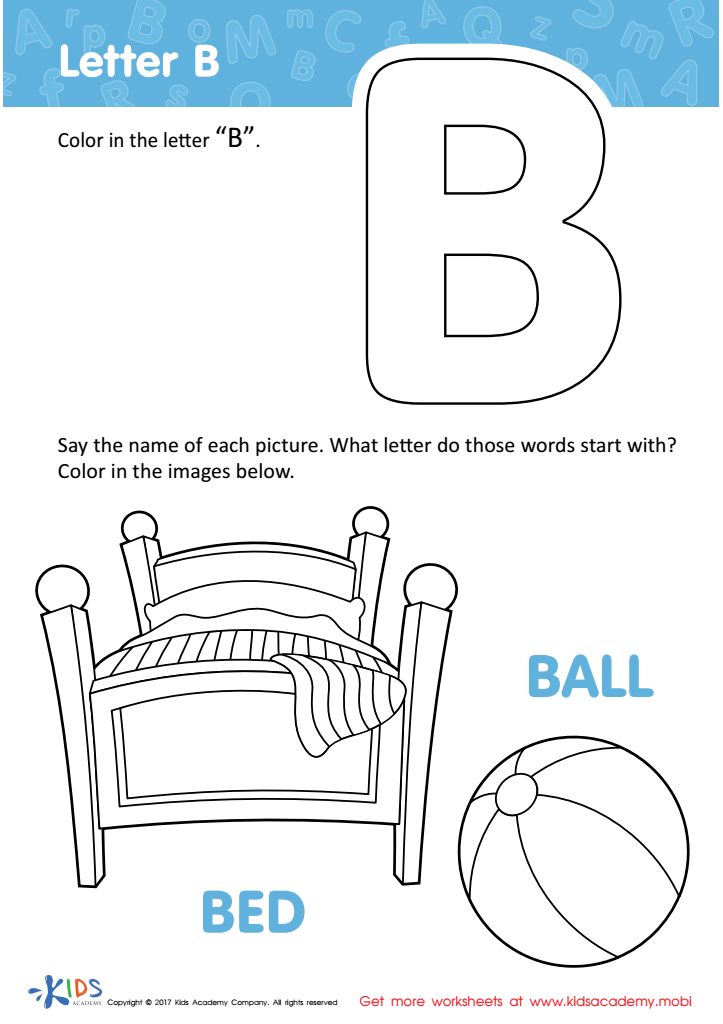

Letter B Coloring Sheet


Letter A Coloring Sheet
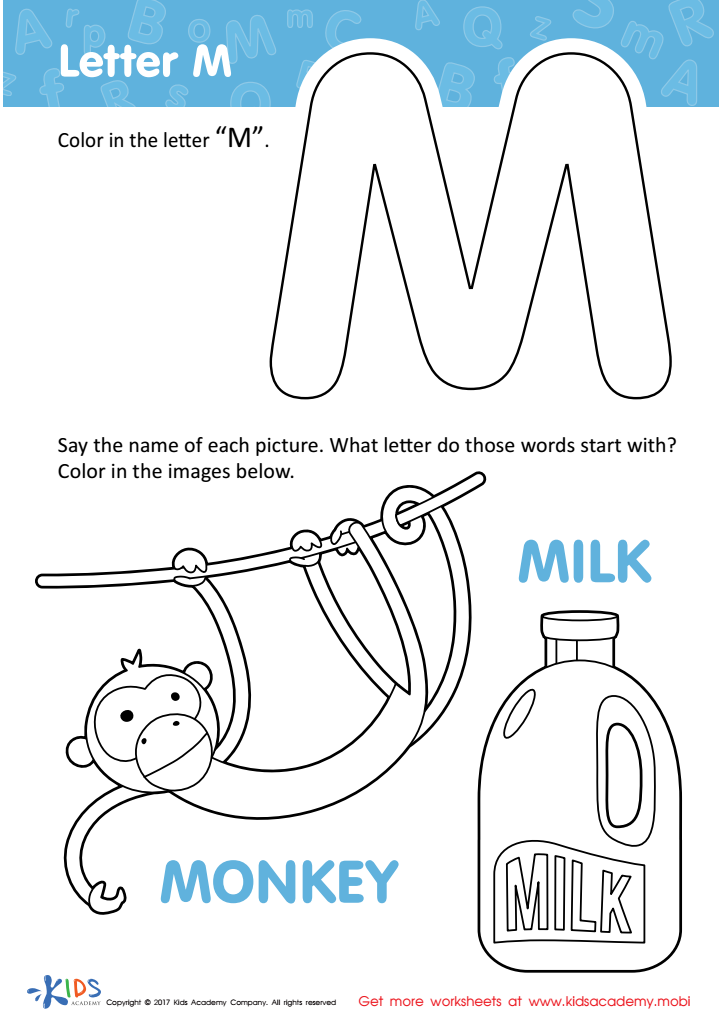

Letter M Coloring Sheet
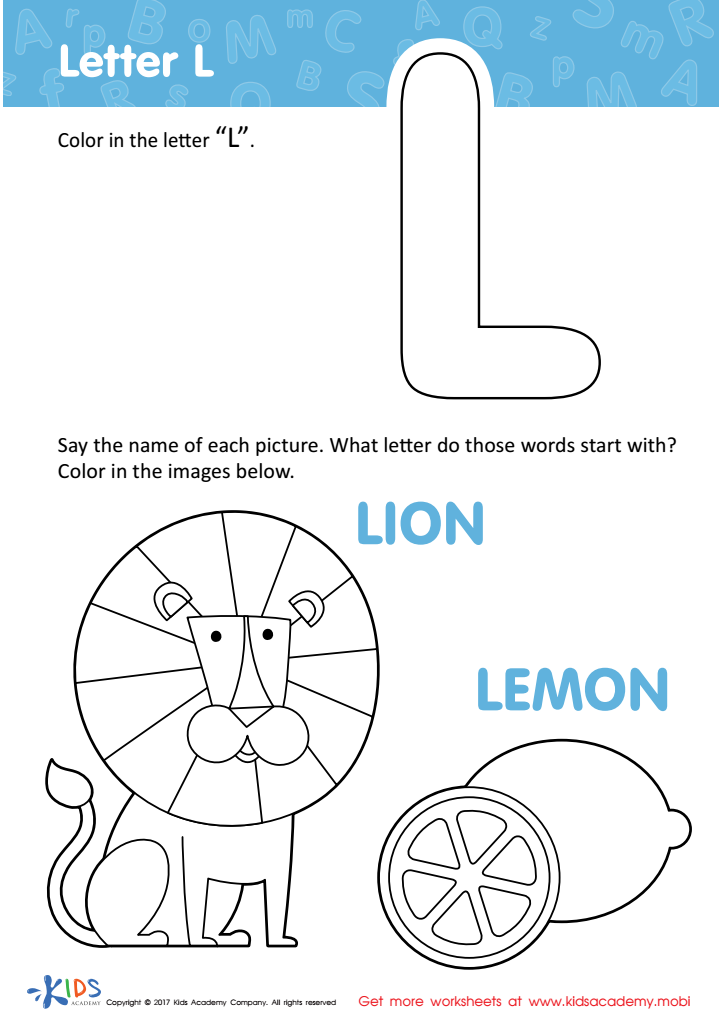

Letter L Coloring Sheet
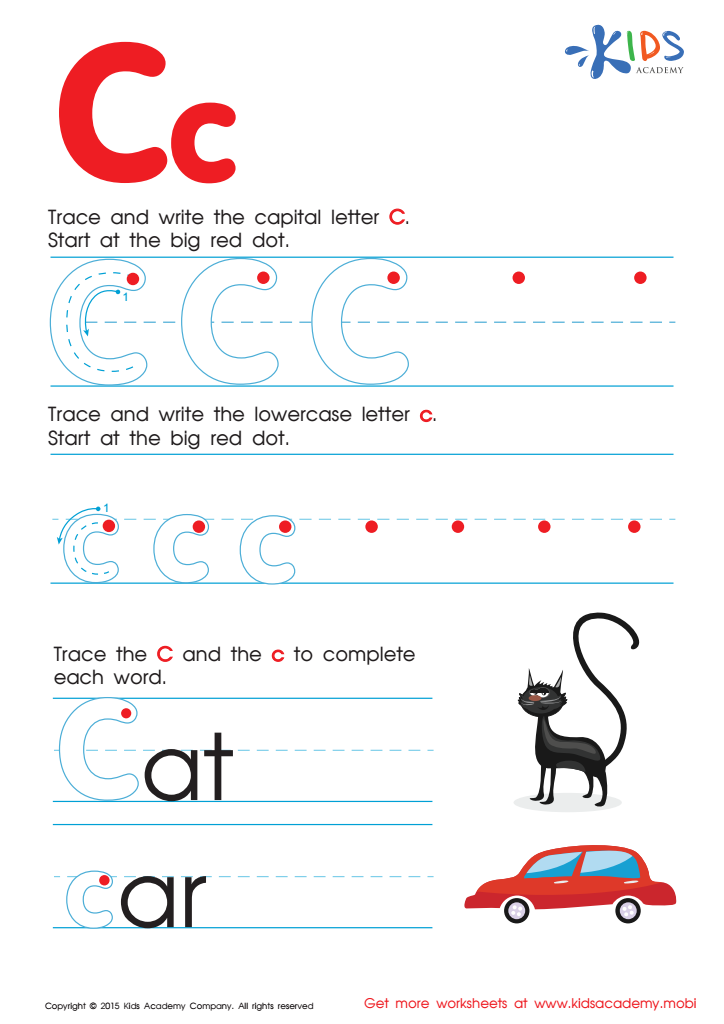

Letter C Tracing Page
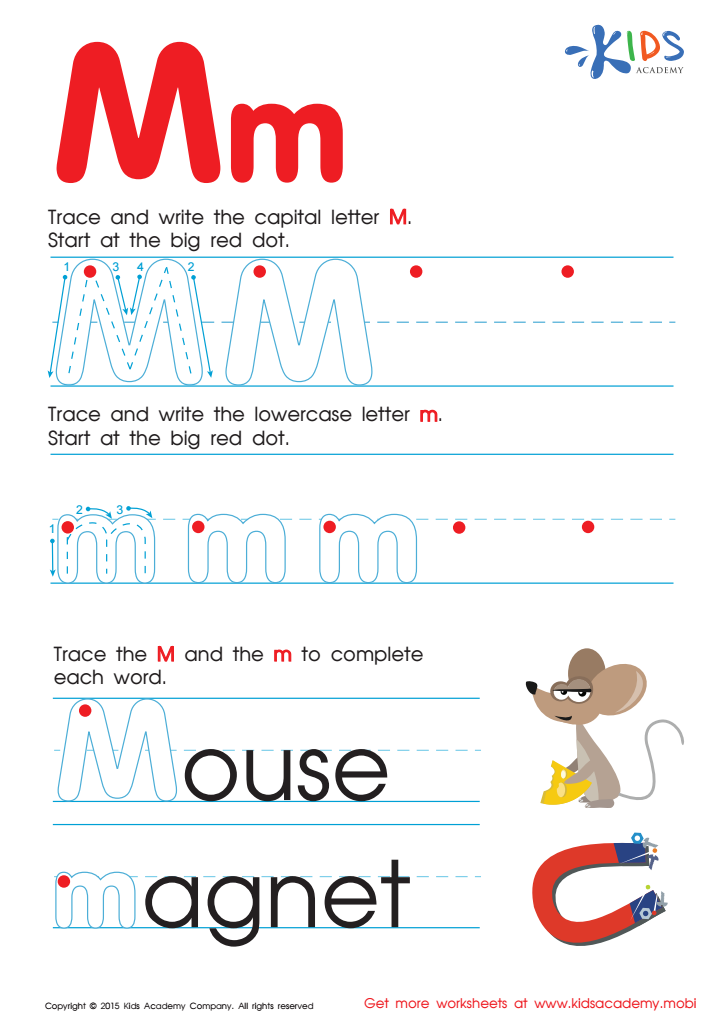

Letter M Tracing Page
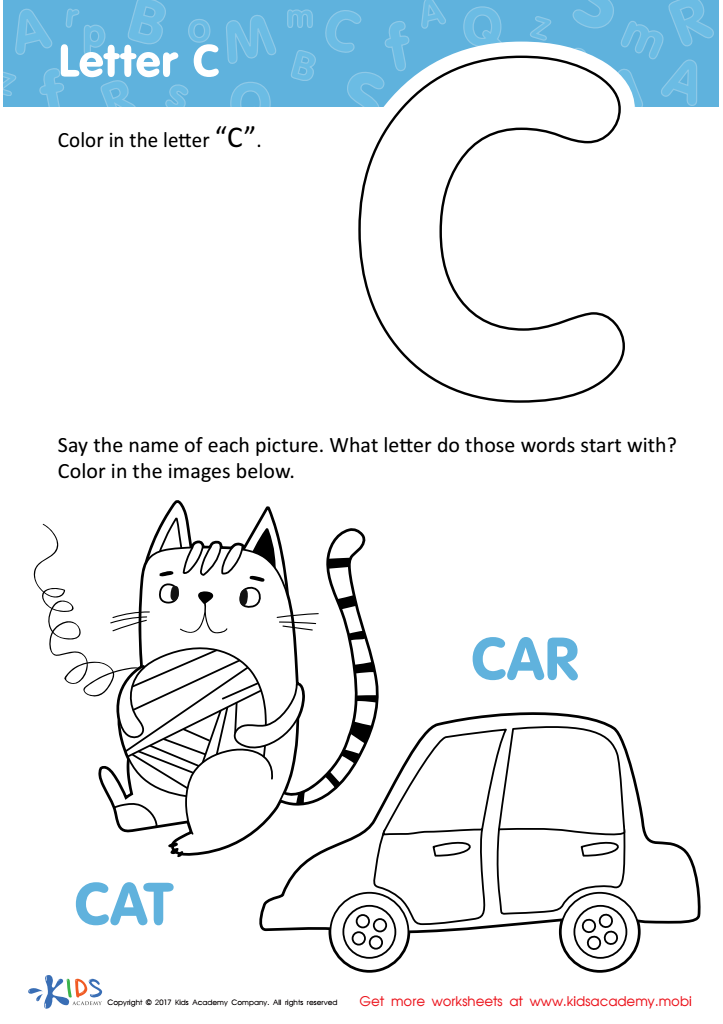

Letter C Coloring Sheet
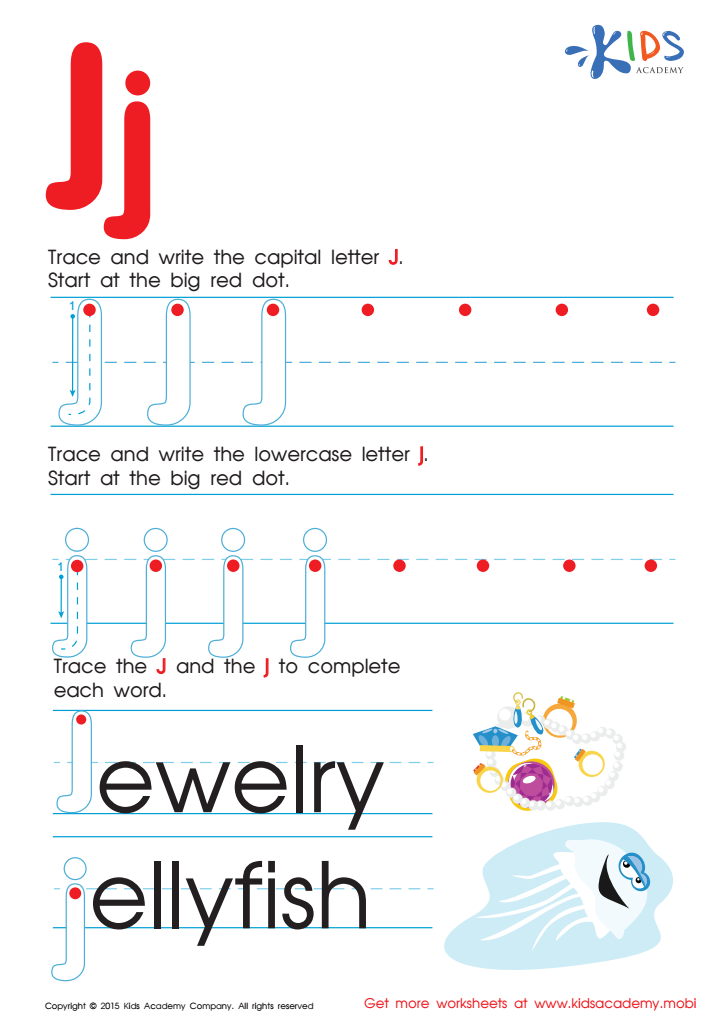

Letter J Tracing Page
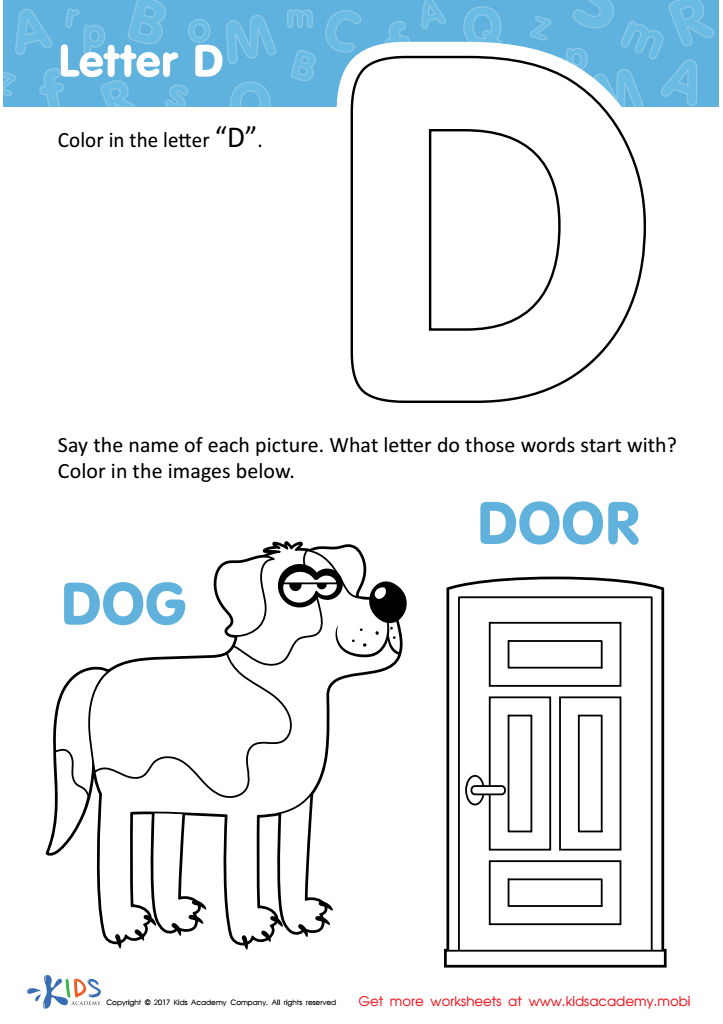

Letter D Coloring Sheet
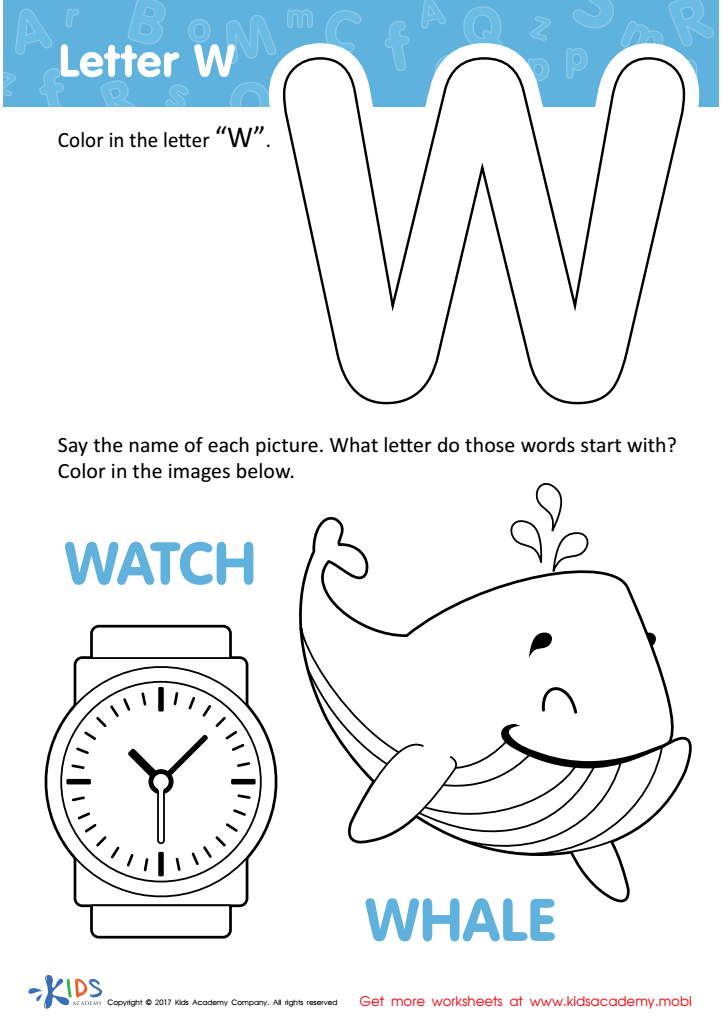

Letter W Coloring Sheet
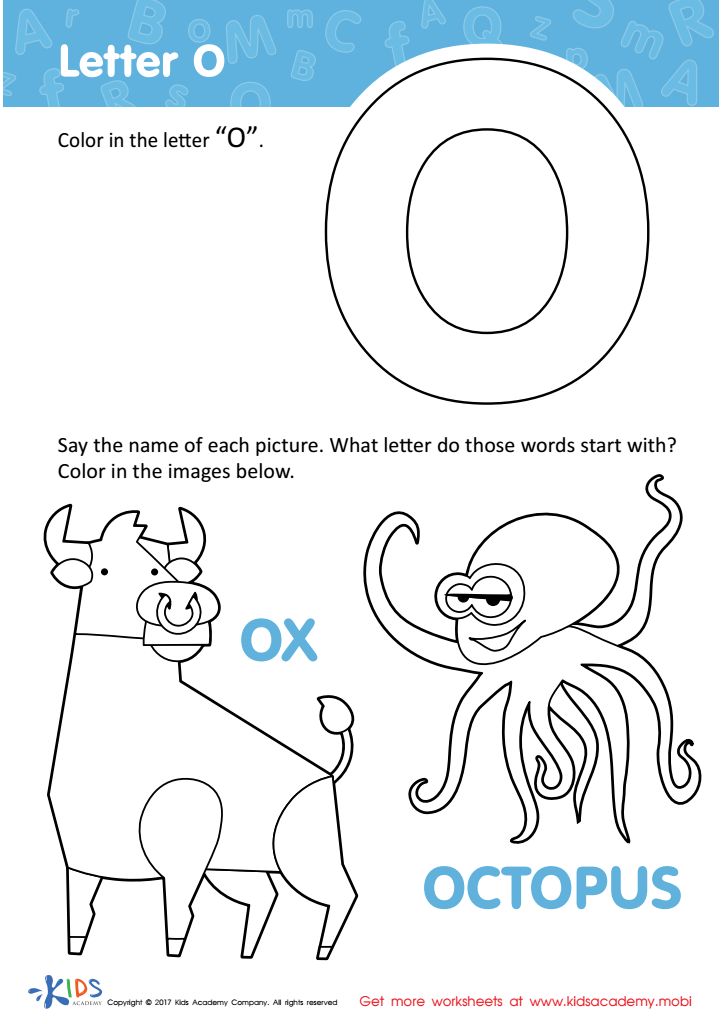

Letter O Coloring Sheet
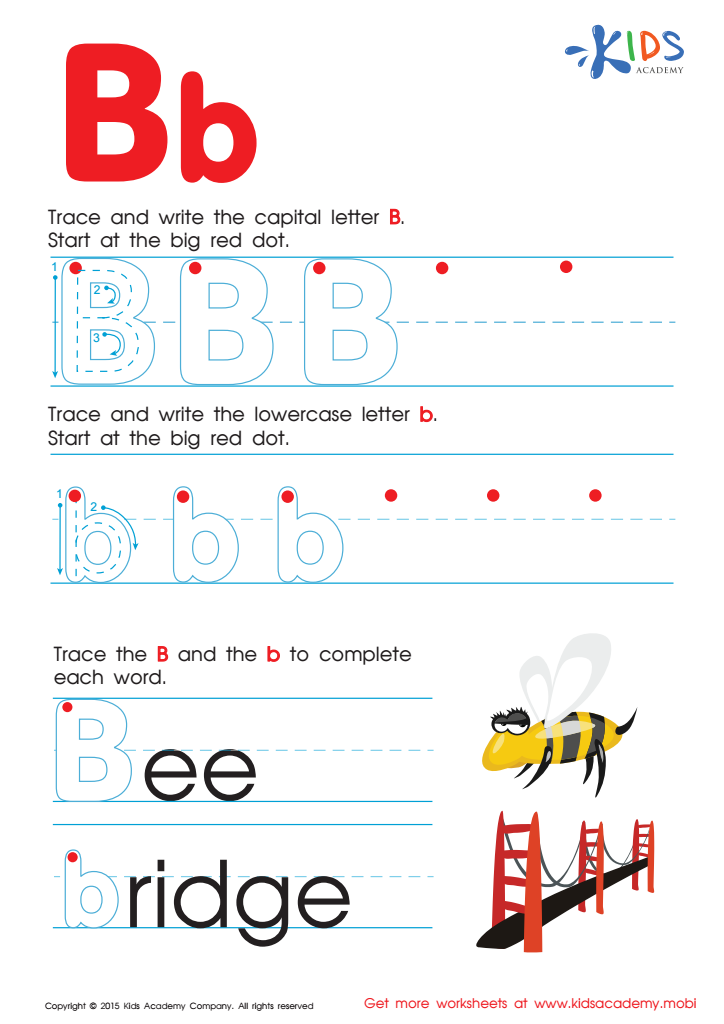

Letter B Tracing Page
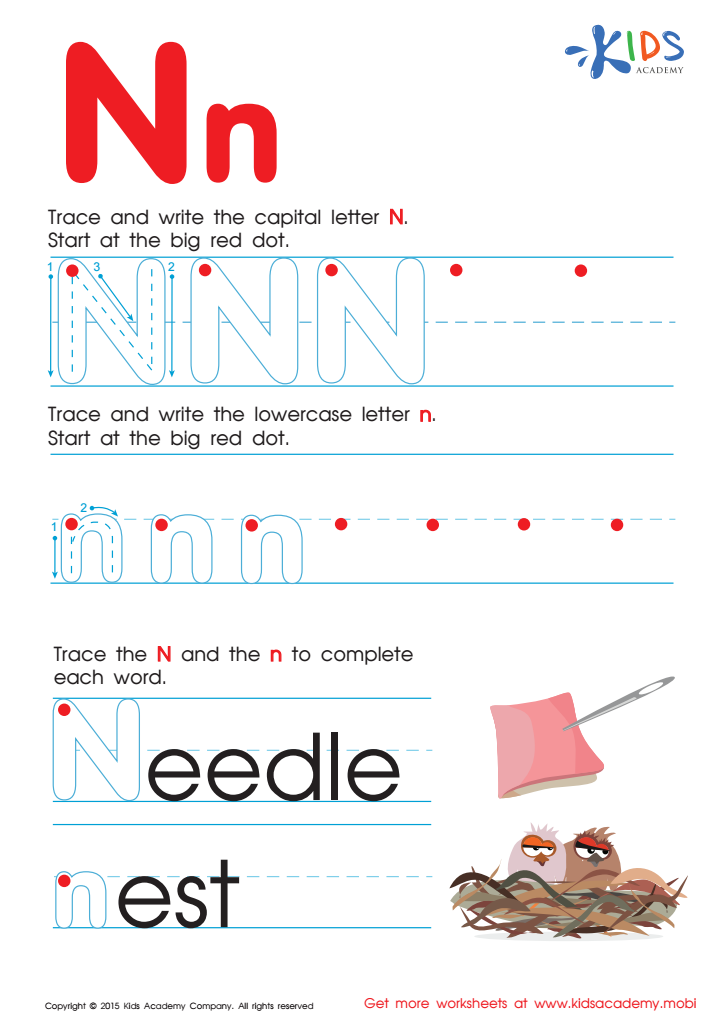

Letter N Tracing Page
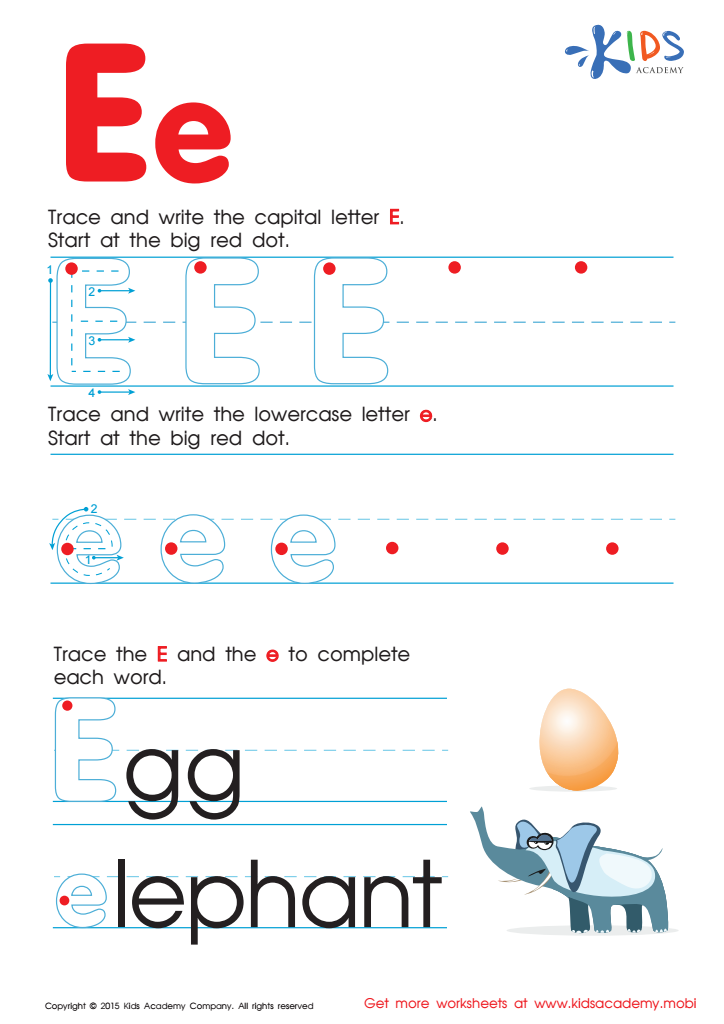

Letter E Tracing Page
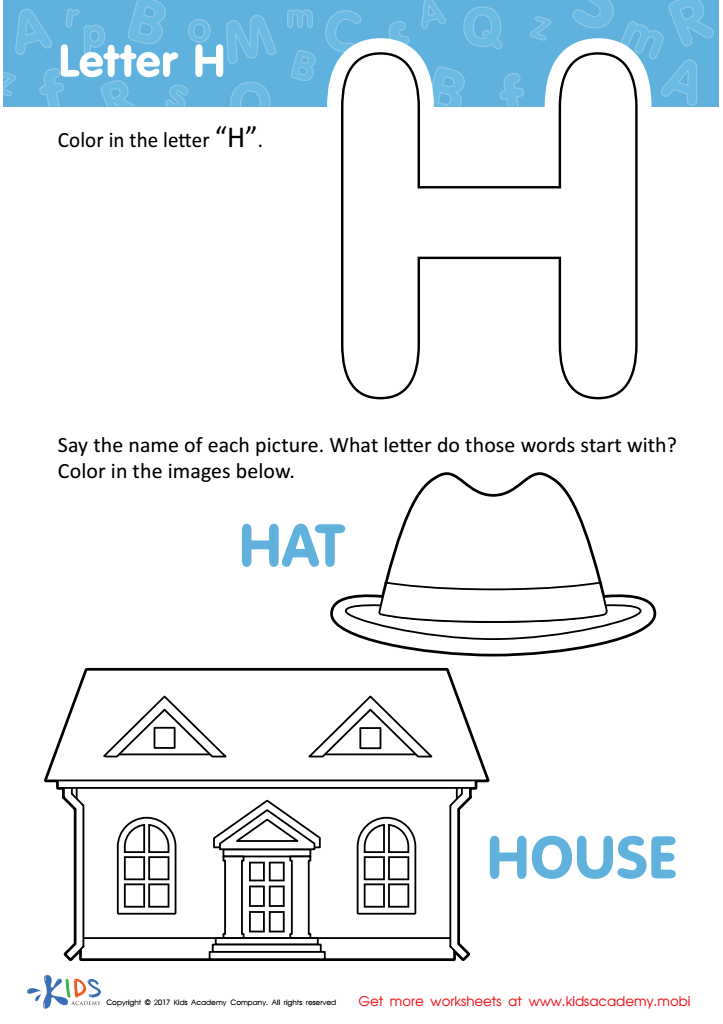

Letter H Coloring Sheet
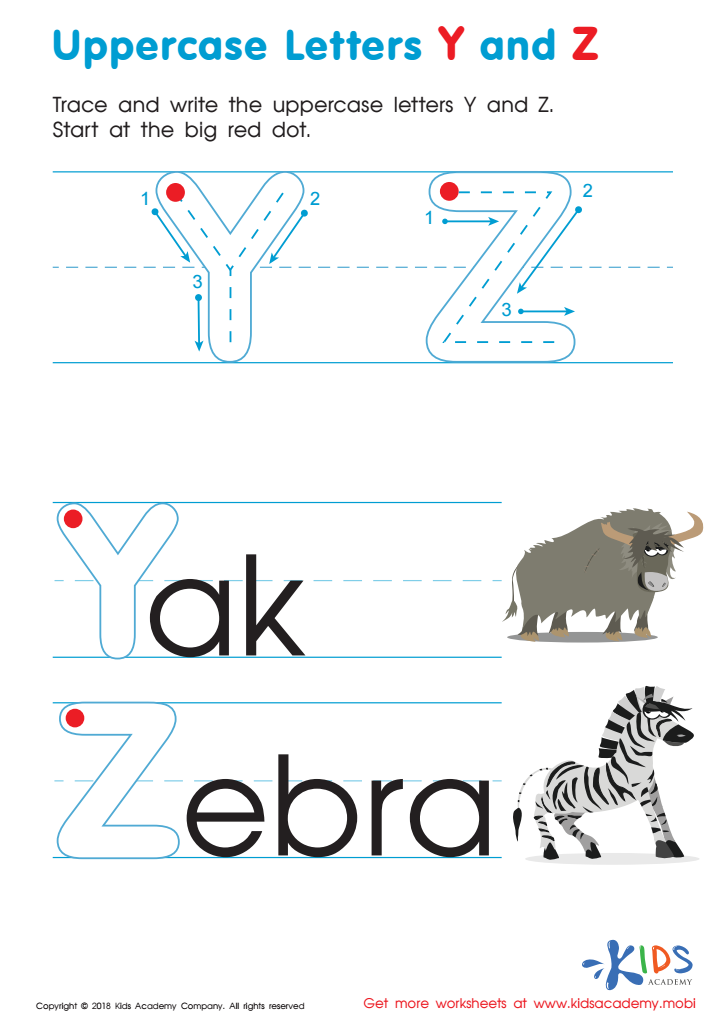

Uppercase Letters Y Z Worksheet
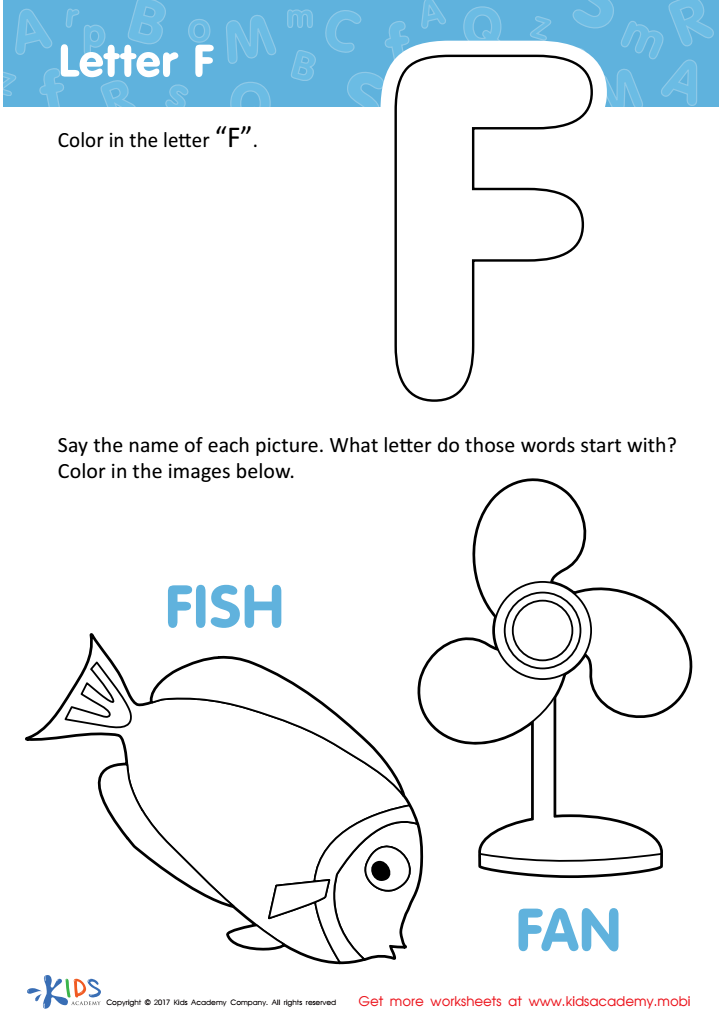

Letter F Coloring Sheet
Alphabet recognition is fundamental for children aged 5-6, as it lays the groundwork for their literacy skills and overall academic success. At this age, children are developing key cognitive abilities, making it crucial for parents and teachers to engage them in activities that promote letter recognition. Understanding the alphabet enhances phonemic awareness, a critical skill for reading. When children can recognize both uppercase and lowercase letters, they build confidence in their reading abilities and can begin to decode simple words.
Furthermore, alphabet recognition supports effective communication. Children who grasp the correlation between letters and sounds can express their thoughts through writing more easily. It fosters language development, encouraging vocabulary expansion and fluency.
Parents and teachers play a vital role in this learning process. Incorporating playful activities like letter games, songs, or storytime can make learning enjoyable and memorable. Monitoring a child's progress helps identify areas where they may need additional support, fostering a strong foundation. As literacy activities become more complex in later grades, solid alphabet recognition ensures that children will not struggle with more advanced concepts. By prioritizing alphabet recognition, parents and teachers can significantly contribute to a child's confidence and proficiency in literacy, paving the way for future academic achievement.
 Assign to My Students
Assign to My Students















